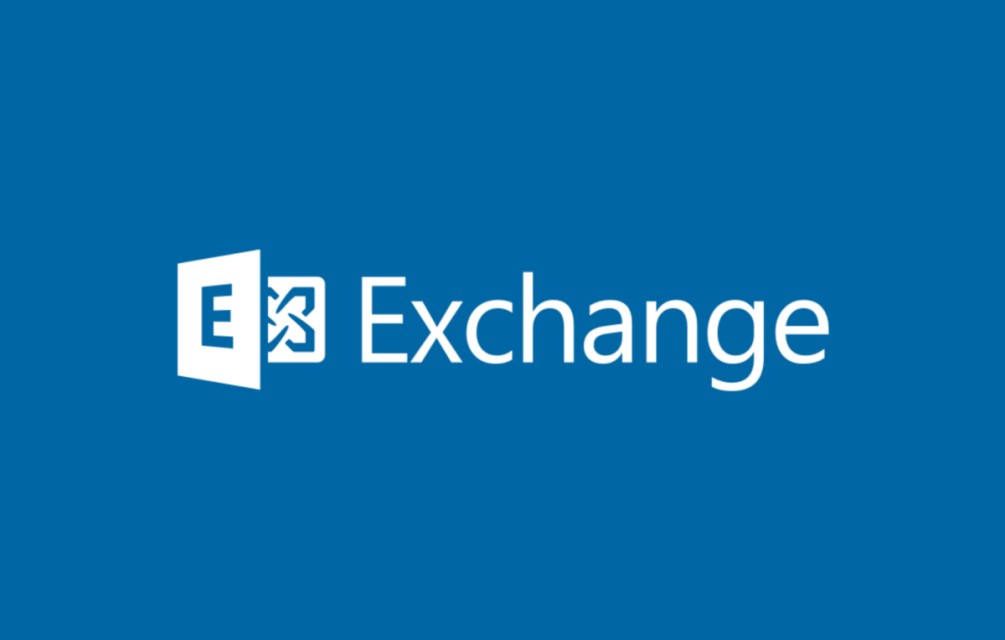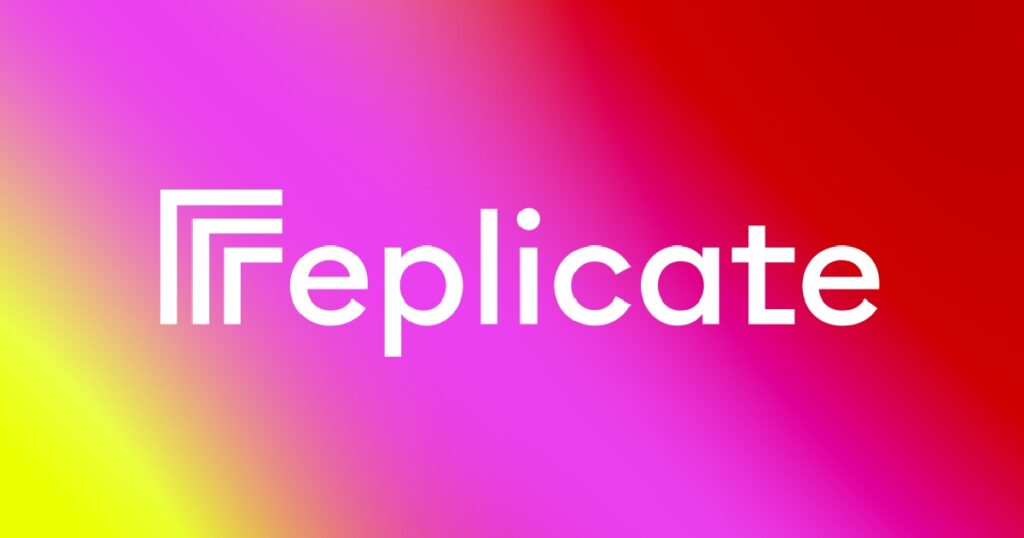Ensuring Data Privacy in Private Cloud Storage
In the digital age, data privacy has become a paramount concern. Especially when it comes to private cloud storage.
Private cloud storage offers numerous benefits. It provides remote access, scalability, and cost-effectiveness. But it also presents unique challenges.
One of these challenges is ensuring data privacy. This is crucial for both compliance and maintaining trust with customers and stakeholders.
In this article, we delve into the intricacies of data privacy in private cloud storage. We aim to provide a comprehensive understanding of this complex issue.
We will explore the risks, legal frameworks, and strategies for protecting data. We will also discuss the role of technology in enhancing data privacy.
Whether you’re an IT Manager or a Tech Startup Founder, this article will equip you with the knowledge to effectively manage data privacy in your private cloud storage.
Understanding Private Cloud Storage and Data Privacy
Private cloud storage is a type of cloud computing that delivers similar advantages to public cloud. These include scalability and self-service, but through a proprietary architecture.
Unlike public clouds, which deliver services to multiple organizations, a private cloud is dedicated to a single entity. This setup provides a higher level of security and privacy.
The Relevance of Data Privacy in Business Operations
Data privacy is not just a legal requirement. It’s a crucial aspect of business operations.
In the era of data breaches and cyber threats, ensuring data privacy can significantly enhance a company’s reputation and customer trust.
Legal Frameworks Governing Data Privacy
Several legal frameworks govern data privacy. The General Data Protection Regulation (GDPR) in the European Union and the California Consumer Privacy Act (CCPA) in the United States are two prominent examples.
These laws mandate strict rules for data collection, storage, and processing, making data privacy a critical consideration for businesses using private cloud storage.
Risks and Challenges of Data Privacy in Private Clouds
While private cloud storage offers enhanced security, it’s not without its challenges. Data privacy in private clouds can be complex, especially in a multi-cloud environment.
Managing data privacy across different cloud platforms and services can be a daunting task, requiring a comprehensive understanding of each platform’s security features and privacy settings.
The Impact of Inadequate Data Privacy Measures
Inadequate data privacy measures can lead to severe consequences. Data breaches can result in hefty fines, loss of customer trust, and damage to the company’s reputation.
Moreover, data breaches can expose sensitive customer information, leading to potential legal issues and financial losses.
Managing Remote Access to Ensure Secure Cloud Storage
Remote access to private cloud storage presents another challenge. Without proper security measures, remote access can become a potential entry point for cyber threats.
Implementing secure access controls, using secure access service edge (SASE), and leveraging virtual private networks (VPNs) can help ensure secure remote access to private cloud storage.
Key Strategies for Protecting Data in Private Cloud Storage
To protect data in private cloud storage, several strategies can be employed. These include encryption, access controls, and regular security audits.
Each of these strategies plays a crucial role in ensuring data privacy and preventing unauthorized access to sensitive information.
Encryption: Securing Data at Rest and in Transit
Encryption is a fundamental strategy for securing data. It involves converting data into a code to prevent unauthorized access.
Data can be encrypted at rest (when stored) and in transit (when being transferred), providing a robust layer of protection.
Access Controls and Authentication Protocols
Access controls are another key strategy for protecting data. They determine who can access data and what they can do with it.
Strong authentication protocols, such as multi-factor authentication (MFA), can further enhance security by ensuring only authorized individuals can access the data.
Regular Security Audits and Vulnerability Assessments
Regular security audits and vulnerability assessments are crucial for maintaining data privacy. They help identify potential weaknesses in the system and provide insights for improvement.
These assessments should be conducted regularly to ensure the ongoing effectiveness of the security measures in place.
Best Practices for Data Privacy in Private Cloud Storage
Adopting best practices for data privacy in private cloud storage is essential. These practices not only protect sensitive data but also help organizations comply with legal requirements.
These best practices include implementing strong authentication, conducting employee training, and developing a robust data privacy policy.
Implementing Strong Authentication and Access Management
Strong authentication and access management are crucial for data privacy. They ensure that only authorized individuals can access the data.
Multi-factor authentication (MFA) and role-based access control (RBAC) are examples of strong authentication and access management practices.
Employee Training and Awareness Programs
Employee training and awareness programs are another best practice for data privacy. They help employees understand the importance of data privacy and how to protect sensitive information.
These programs should be conducted regularly to keep employees updated on the latest threats and security measures.
Developing a Robust Data Privacy Policy
Developing a robust data privacy policy is also a best practice. This policy should outline how the organization collects, uses, and protects data.
The policy should be clear, comprehensive, and in compliance with relevant laws and regulations. It should also be communicated to all employees and stakeholders.
Leveraging Technology for Enhanced Data Privacy
In the digital age, technology plays a pivotal role in enhancing data privacy. Advanced technologies like artificial intelligence (AI), machine learning (ML), and privacy-enhancing technologies (PETs) can significantly bolster data privacy measures.
These technologies can automate and enhance various aspects of data privacy, from detecting potential threats to enforcing privacy policies. They can also help organizations stay ahead of the evolving landscape of data privacy threats and regulations.
The Role of AI and Machine Learning in Data Privacy
AI and ML have a significant role in data privacy. They can analyze vast amounts of data to identify patterns and anomalies that may indicate a data breach or privacy violation.
Moreover, AI and ML can automate the enforcement of privacy policies, making it easier for organizations to comply with complex regulations. They can also predict potential threats, allowing organizations to proactively protect their data.
Privacy-Enhancing Technologies (PETs) and Their Potential
PETs are another technological advancement that can enhance data privacy. These technologies are designed to protect data privacy without compromising the functionality of data processing systems.
PETs include techniques like anonymization, pseudonymization, and encryption. They can help organizations protect sensitive data, comply with privacy regulations, and build trust with customers and stakeholders.
Conclusion: Building a Culture of Data Privacy
In conclusion, ensuring data privacy in private cloud storage is not just about implementing the right technologies and policies. It’s about fostering a culture of data privacy within the organization.
This involves regular training and awareness programs, clear communication with stakeholders, and a proactive approach to data privacy. By building a culture of data privacy, organizations can not only protect their data but also enhance their reputation and build trust with customers and stakeholders.





